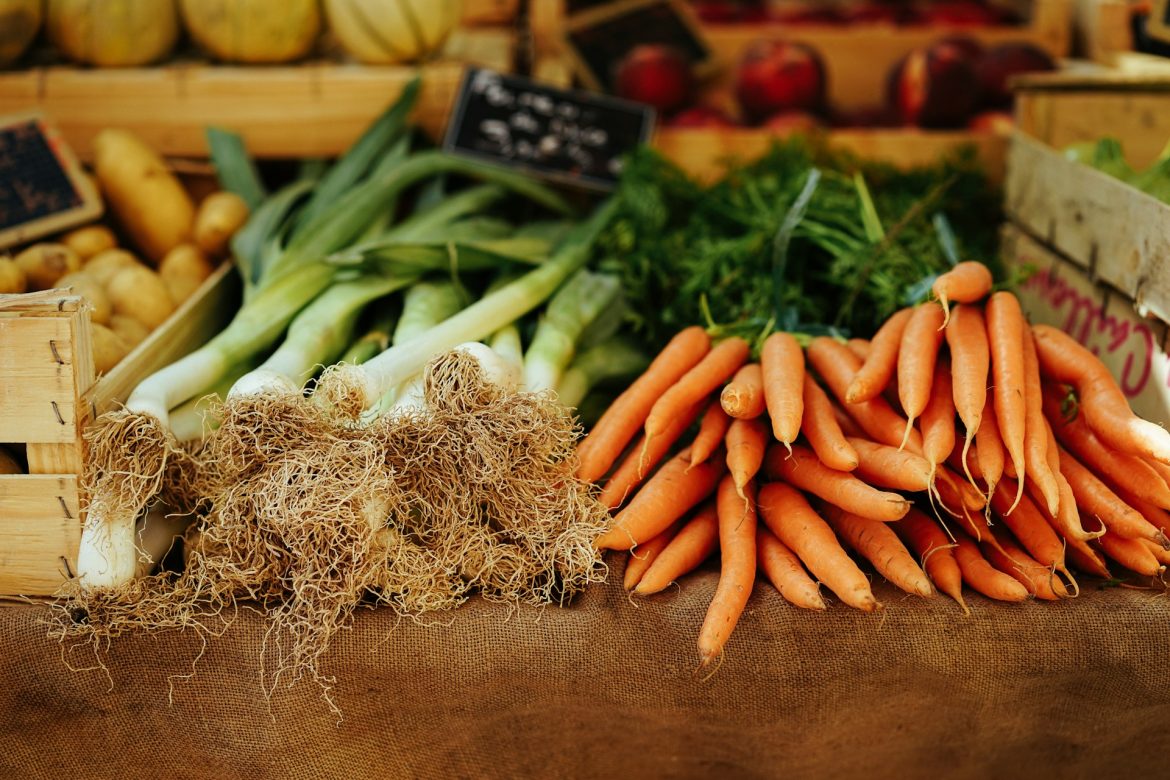Table of Contents
The farm-to-table movement isn’t just a fleeting trend in the restaurant industry; it’s a powerful approach to sustainable dining that’s here to stay. This movement emphasizes sourcing ingredients directly from local farms, thereby ensuring fresh, high-quality food while supporting the local economy and reducing environmental impact.
What is Farm-to-Table?
Farm-to-table is all about restaurants creating direct relationships with local farmers and producers to source their ingredients. This means your salad’s greens or your steak’s beef might have been grown or raised just a few miles away from where you’re dining. It’s a practice that celebrates seasonal eating, local farming, and sustainable practices.
Benefits of Farm-to-Table
The farm-to-table approach has numerous benefits. For one, it guarantees fresher and tastier ingredients on your plate. Secondly, it supports local farmers, helping to keep the local economy strong. Lastly, by reducing transportation distances, it minimizes carbon footprints, contributing to environmental sustainability.
Challenges and Solutions
Despite its benefits, the farm-to-table model faces challenges, particularly in scalability and cost. Sourcing locally can be more expensive and may not always meet the demands of larger restaurants. However, innovative solutions are emerging. For instance, some restaurants are starting their own gardens or partnering with urban farms to ensure a steady supply of fresh ingredients.
Real-World Examples
Several pioneering brands are leading the way in the farm-to-table movement:
- Blue Hill at Stone Barns (bluehillfarm.com): This restaurant not only sources from local farms but also operates in partnership with a non-profit farm and education center, setting a gold standard for farm-to-table dining.
- The Kitchen (thekitchenbistros.com): With locations in multiple cities, The Kitchen emphasizes community through local sourcing and eco-friendly practices, proving that the farm-to-table concept can scale successfully.
- Farmhouse Inn (farmhouseinn.com): Nestled in California’s Wine Country, Farmhouse Inn offers a unique farm-to-table experience, with menus crafted around what’s seasonal and fresh, directly from local farms.
The Future is Green
Looking ahead, the future of farm-to-table in the restaurant industry seems not only bright but essential. As consumers become more environmentally conscious and seek healthier dining options, the demand for sustainable, locally-sourced food will only grow. This shift promises not only a positive impact on our plates but also on our planet and communities.
The farm-to-table movement embodies a return to our roots, prioritizing the simplicity and purity of food sourced right from the earth, close to home. It’s a powerful reminder of the interconnectedness of our food systems, local economies, and the environment. As this movement continues to evolve, it holds the promise of reshaping the restaurant industry into a more sustainable, ethical, and delicious future.


